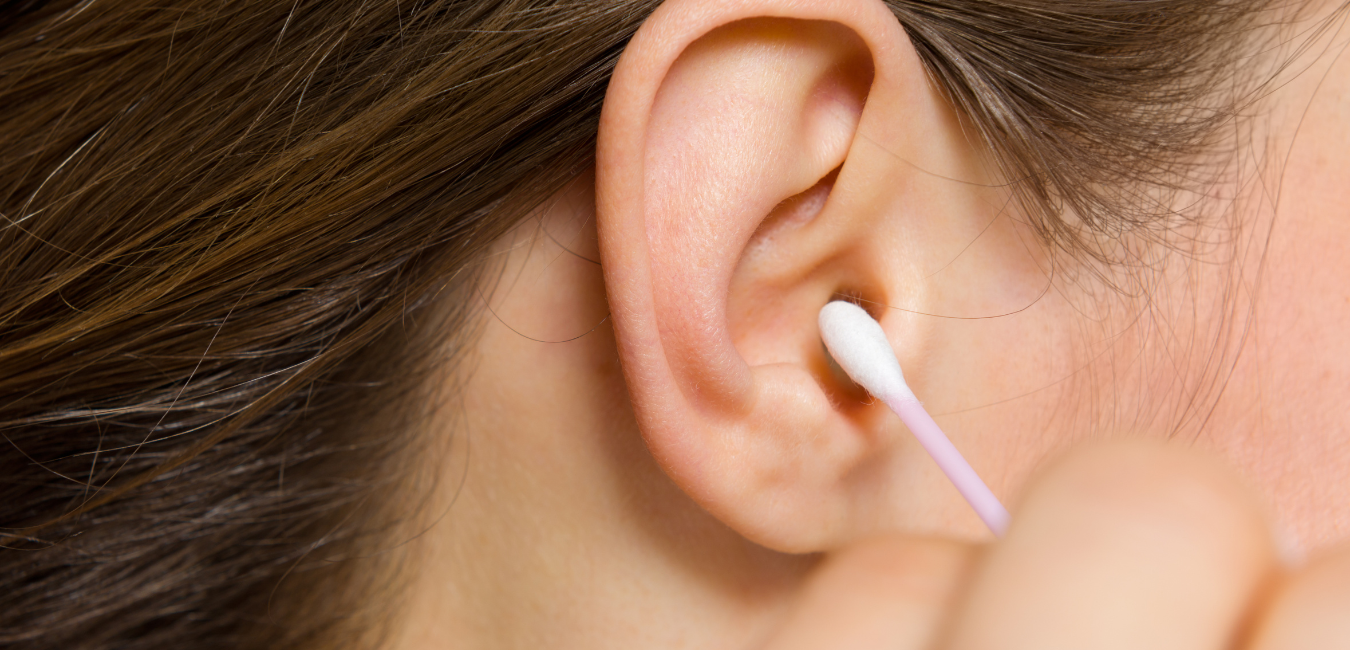Does Anyone Else Hear That Sound? Life With Tinnitus
For many, the holiday season is a time of joy and celebration. But for those living with tinnitus, life can feel quite different. Instead of peaceful ‘Silent Nights,’ the constant ringing or buzzing in the ears can feel overwhelming, especially during social gatherings.
Tinnitus, the clinical term for hearing sounds that have no external source, is an incredibly common condition. Most people have experienced some form of tinnitus at some point in their lives, whether it’s caused by a blockage in the ear, exposure to loud noises, or even as a side effect of certain medications. Despite its prevalence, tinnitus is a highly personal experience, as the sounds it produces can vary greatly from person to person. Some may hear a high-pitched ringing, while others may describe it as a buzz, chirp, or hum. It can seem to come from one ear, both ears, or even from inside the head, making it a unique experience for each individual.
What is Chronic Tinnitus?
Chronic tinnitus refers to a persistent ringing, buzzing, or other phantom sounds in the ears or head that last for six months or more. Unlike temporary tinnitus, which can occur after exposure to loud noises or as a result of an ear infection, chronic tinnitus is a long-term condition that can significantly impact a person’s quality of life.
The constant presence of sound, especially when there is no external noise, can lead to difficulty concentrating, sleeping, or even experiencing emotional distress. While there is currently no cure for chronic tinnitus, the use of hearing aids can help alleviate symptoms and improve daily life.
Common Causes of Tinnitus
- Exposure to Loud Noise: Loud environments, such as concerts or noisy workplaces, can damage the delicate structures of the ear.
- Medications: Some drugs, especially ototoxic medications, can damage the nerves in the ear, leading to tinnitus.
- Impacted Earwax: A buildup of earwax can cause tinnitus by blocking sound waves from entering the ear.
- Ear Infections: Infections can create pressure and fluid buildup in the ear, contributing to the condition.
- Aging: As we age, our hearing tends to decline, which can lead to tinnitus.
Tinnitus can occur anywhere along the auditory pathway, from the outer ear to the brain’s auditory cortex. However, it is most commonly linked to damage in the cochlea, where hair cells transform sound waves into electrical signals.
When these hair cells are damaged, the brain compensates for the missing signals by “turning up the volume” on auditory pathways. This can create abnormal neuron activity, leading to the perception of phantom sounds.
Taking the First Step Toward Relief
If you are struggling with tinnitus, remember that you’re not alone. While there is no single cure or universal solution, visiting your hearing care provider can set you on the path toward a treatment plan that works for you. By learning about the nature of your tinnitus and utilizing strategies that make it more manageable, you can diminish its impact and improve your quality of life.
Taking the first step toward managing tinnitus can be life-changing. To get started, call us at 1-888-811-9799 or book your appointment today to explore how we can help you find relief and improve your quality of life.









